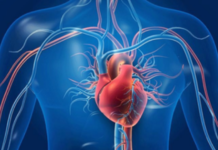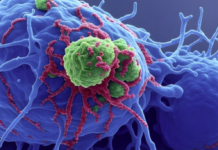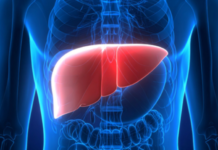NEW DELHI– A nightly cup of coffee could heighten impulsive behavior, particularly in women, according to new research from The University of Texas at El Paso (UTEP). The findings may have implications for shift workers, healthcare professionals, and military personnel who often consume caffeine late at night.
Published in the journal iScience, the study examined how nighttime caffeine intake affects inhibition and impulsivity in fruit flies (Drosophila melanogaster), a species often used in behavioral research due to its genetic and neural similarities to humans.
Researchers introduced caffeine into the flies’ diets under varying conditions — including different doses, daytime versus nighttime consumption, and in combination with sleep deprivation — and measured impulsivity by testing the flies’ ability to suppress movement in response to strong airflow, an unpleasant stimulus.
“Under normal circumstances, flies stop moving when exposed to strong airflow,” said Erick Saldes, a science research specialist at the University of Illinois College of Medicine Peoria. “We found that flies consuming caffeine at night were less able to suppress movement, displaying impulsive behaviors such as reckless flying despite these aversive conditions.”
Interestingly, daytime caffeine consumption did not produce the same effect. Even when caffeine levels in the body were similar, females exhibited significantly greater nighttime caffeine-induced impulsivity than males.
“Flies don’t have human hormones like estrogen, suggesting that other genetic or physiological factors are driving the heightened sensitivity in females,” explained Kyung-An Han, professor of biological sciences at UTEP. “Uncovering these mechanisms will help us better understand how nighttime physiology and sex-specific factors modulate caffeine’s effects.”
The researchers say the results highlight the need for further investigation into how late-night caffeine use impacts decision-making and risk-taking behaviors in humans, especially women. (Source: IANS)














